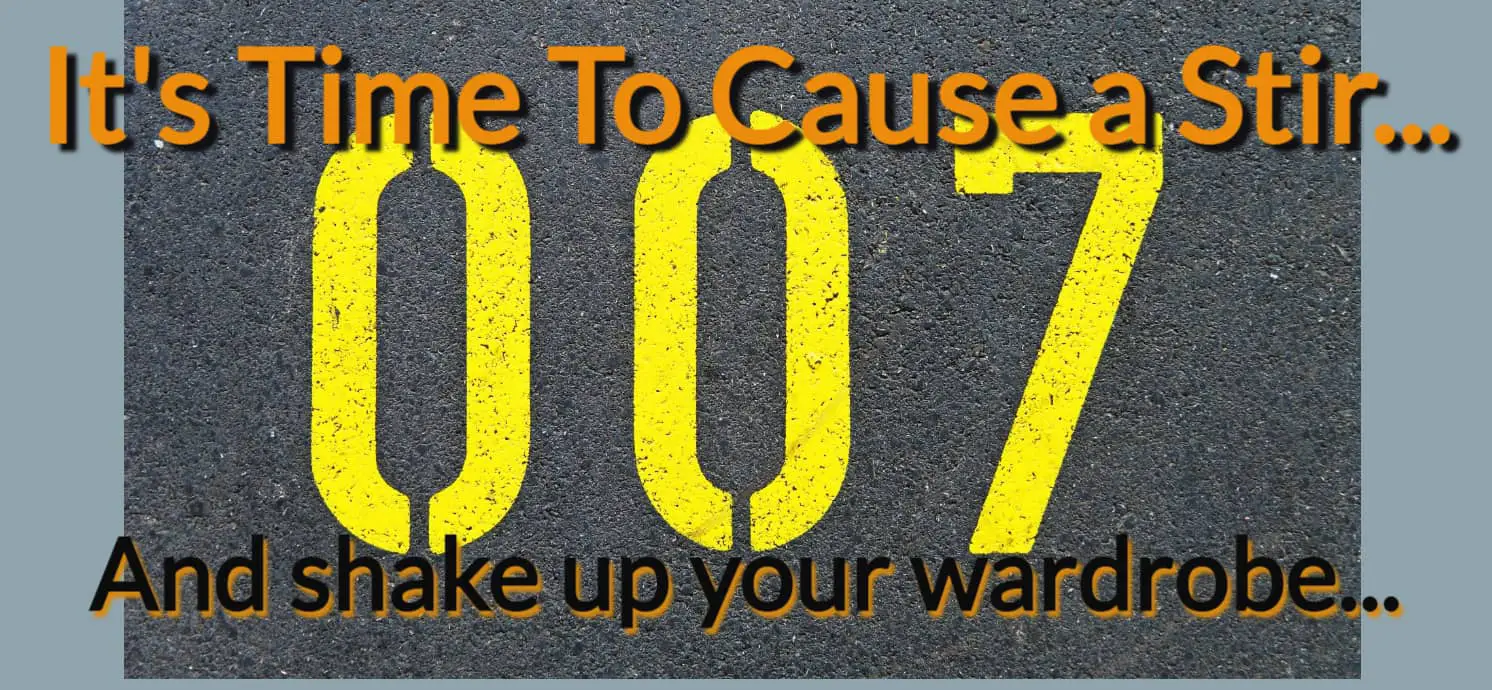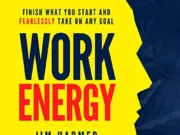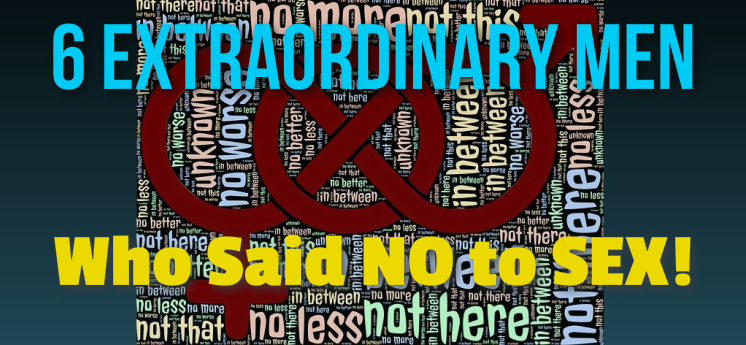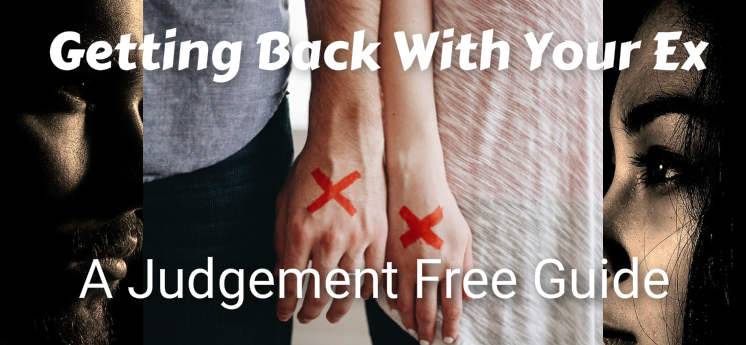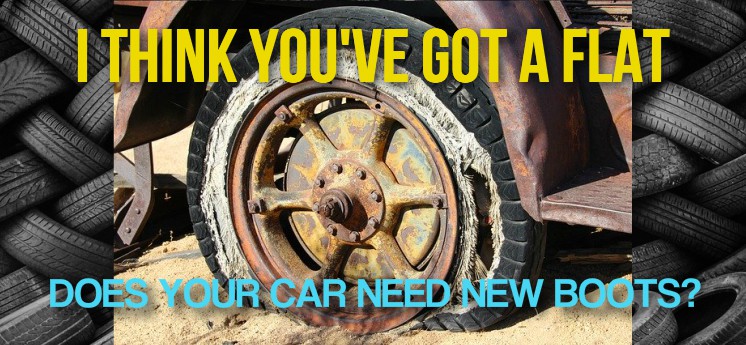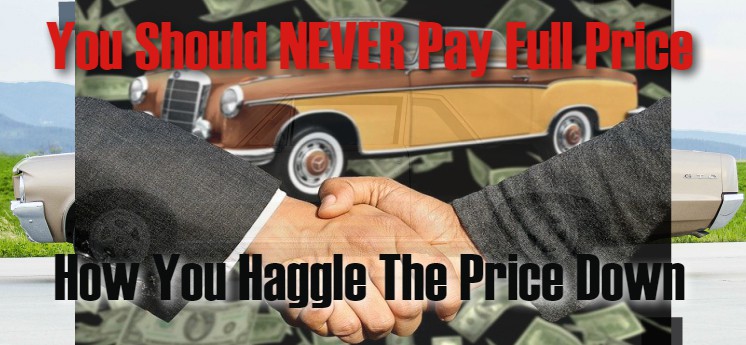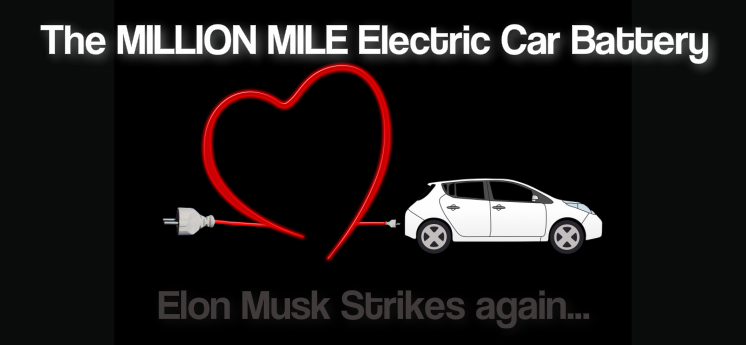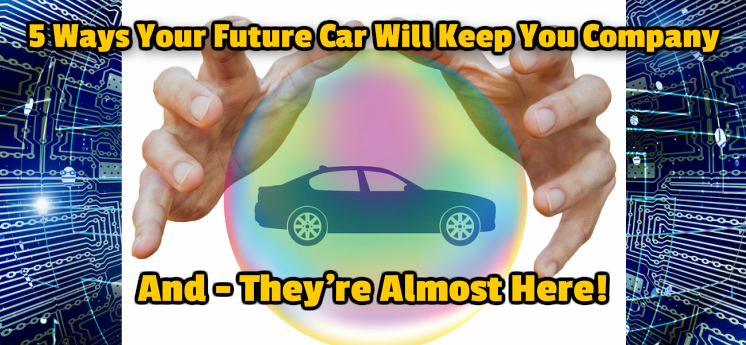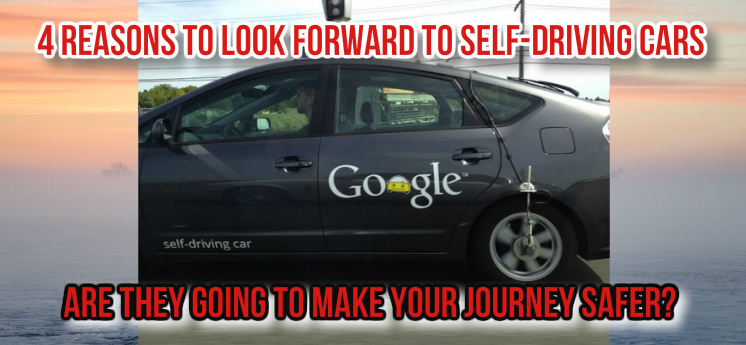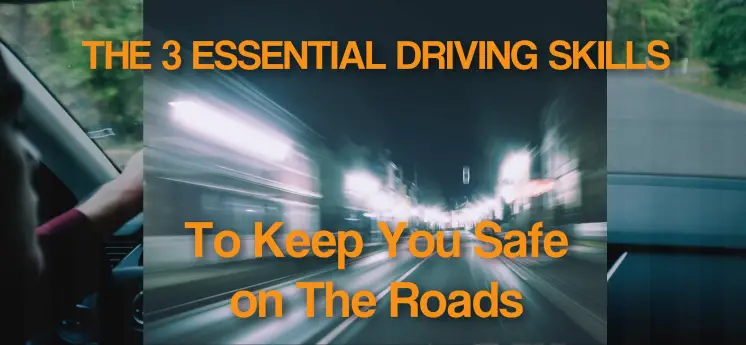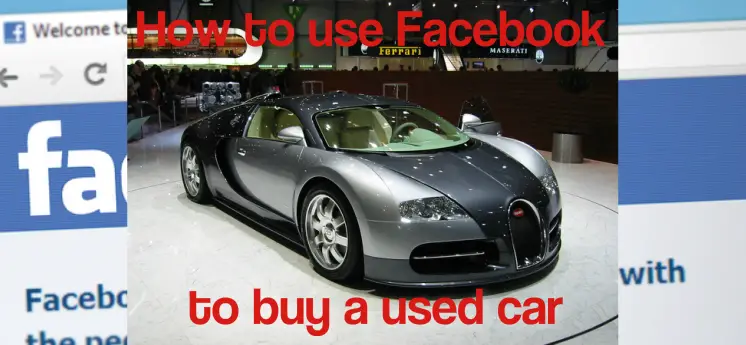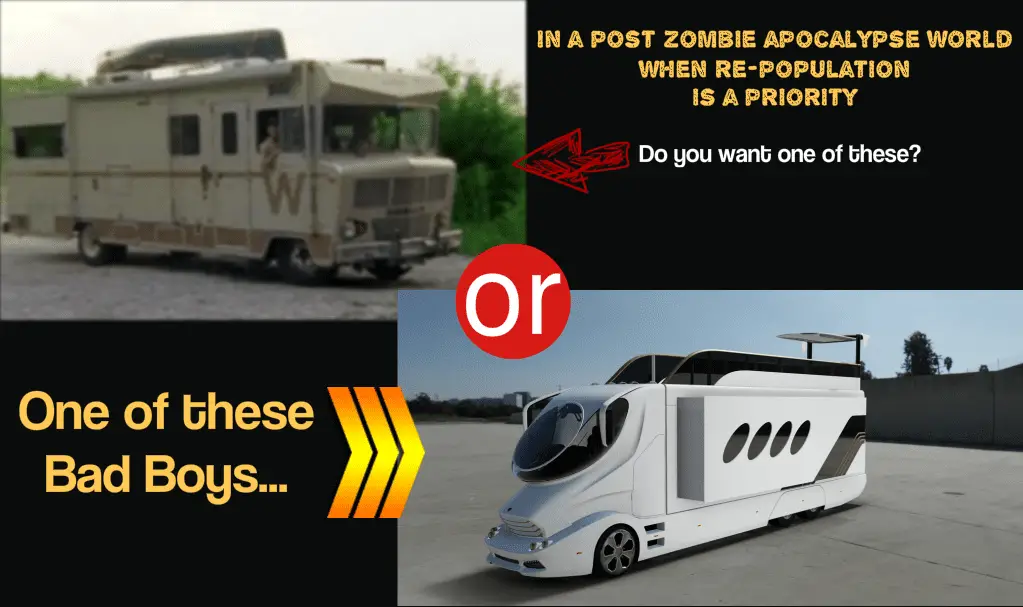Knowing how to haggle for a new or used car is a simple skill to learn. And here’s a fact of life – The two most expensive purchases/investments you make in your life are your houses and your car. And you should NEVER pay the full price for either.
It’s virtually a given that you never pay the asking price for a house and real estate agents expect you to come in with an offer lower than the advertised price. At which point the agent presents your offer to the seller when it either gets accepted or there’s a counteroffer. Offers might go back and forth a couple of times but eventually, a price is agreed and the sale is made.
When it comes to negotiating the price of a new or used car though, many of us are almost afraid to haggle. But you shouldn’t be it’s a buyers market and you have power, and as car dealerships are struggling to make sales, they’re usually happy to negotiate a good deal to make the sale.
Haggling for a better price isn’t something you should be worried about and here’s some tips to make sure you don’t shell out more than you should on a new motor.
How to haggle for a new or used car – Knowledge is Power
There is a right way and a wrong way to haggle and it starts with a simple bit of pre-haggling product research. Buy yourself a used car prices guide, something like the Exchange and mart or autotrader, and check what the going price is for the model of the car you want to buy.
Keep in mind the condition and mileage in comparison to the prices in the guide. Better still make a note of them so that if you see a car similar in condition and mileage at the dealership you’ll know if the dealer is trying to pull a fast one on you. Knowledge is power and in the case of haggling for a better price, it’s leverage too.
Buying a new car, especially if it’s the one you’ve been after for a while or even years and you’ve finally got the money for it, is charged with excitement and emotion. New and used car salesmen know this and the less scrupulous among them can use it to palm you off with a clapped-out old junker if you’re not careful. The best advice here is to go in with a poker face, take a deep breath, stay calm, and take the emotion out of any buying decision.
So you need to be practical…
Keeping them honest
One of the best ways to keep a car salesman honest is to take an expert mechanic with you to check for problems that could cost you a fortune before parting with any money. Knowing that the wheels aren’t going to fall off will give you peace of mind and knowing that you are already interested in the car It’s a “buying sign” that a salesman will recognize.
You won’t have to do this if you’re going to buy a new car of course because it’ll come with a warranty but if it’s a used car then getting an expert inspection is a sensible thing to do. Something else you should do is to get the history of the car checked. You can do it online and you can get a report on how many owners the car has had, if it was a rental car, if it’s had any accident damage and if there is any outstanding finance left on it. Here’s a couple of services that can run comprehensive vehicle checks and give you a detailed report in minutes. In the UK try hpicheck in the US try vehiclehistory.
Running a vehicle check is another sign to a salesman that you’re a serious buyer. And if your expert mechanic didn’t find anything and your vehicle check report comes back clean then they’ll reasonably expect to get the price displayed on the windshield. They’ll be turning on the charm and from now on they’ll be looking to close the sale. It’s their job to sell at the highest price possible.
So, to keep the power and to haggle for a better price you need to be mindful of what you say and keep your emotions in check.
There are a few things you shouldn’t say to a car salesman that weakens your haggling position. Any of these will say to the salesman, that if he digs his heals in, he can secure the windshield or a slightly lower price. So don’t say these:
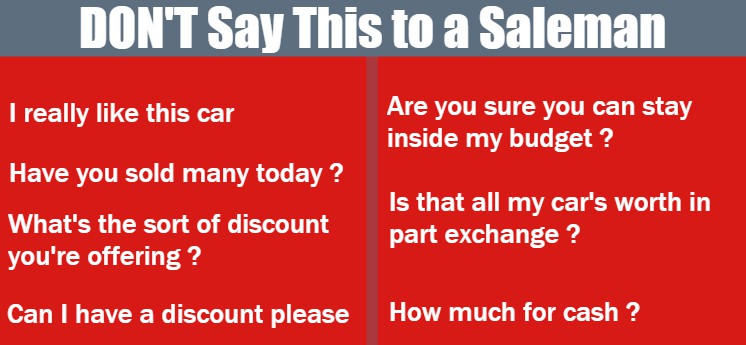
On the other hand here are a few things that you should say that will keep the salesman working to secure ther deal – the deal you want!

Now you’ve got the salesman on the hook, it’s time to make your offer. You should start quite low and if you think back to the kind of offer you’d put in for a house, it’s going to be in the region of 10 – 20% below the windshield price. Now you should expect a counteroffer with the view of meeting somewhere in the middle.
If it’s a used car then the price you see on the windshield is the retail price. The dealer paid a wholesale price for the car and added a good 20% on that price to make a profit. What you want to do is to get as close to the wholesale price as possible. So if you start with an offer that’s 15% below the retail you’ll be pretty close. Once you’ve made your offer don’t say another word until the salesman comes back with his counter. Remember the closer you are to the wholesale price the better the deal you’re getting, so stick to your guns – it’s a buyers market after all.
Once a deal has been made
You might find that the dealer then tries to make some more money on the back end by offering car financing, a warranty extension, maybe a dealer deep clean and polish, or rustproofing. There’s usually something, and dealers can make quite a bit of money off them. Again you need to be ready for this…
The best way to secure a good deal is to be a cash buyer. But when that’s not possible, and let’s be honest how many of us have got 10 – 20 grand lying around, make sure you have done your research if you are going to pay for a car using finance. If the dealership offers to finance, often you’ll find that it’s a bank that makes the loan, and really the dealership is acting as a middle man who gets paid a commission on every financing deal they secure.
It could end up costing you more if you finance through a dealer rather than dealing with the bank direct. But if you know how to haggle for a new or used car, you are in the driver’s seat during negotiations and you may be able to get a better deal through the dealer if you keep comparing the banks and the dealer’s financing costs. Do your due diligence before you step foot on the dealership forecourt to or secure your own financing first.
Be ready to turn down the add-ons because chances are you can get them cheaper elsewhere. And finally, knowing how to haggle for a new or used car doesn’t always get you the deal you want (another fact of life!) so, be ready to just walk away. As hard as that might be there will always be other cars at other dealerships.
As an alternative to dealers and dealerships have you thought about Facebook’s marketplace to buy your next car? if not here’s how it works – You might grab a real bargain!















